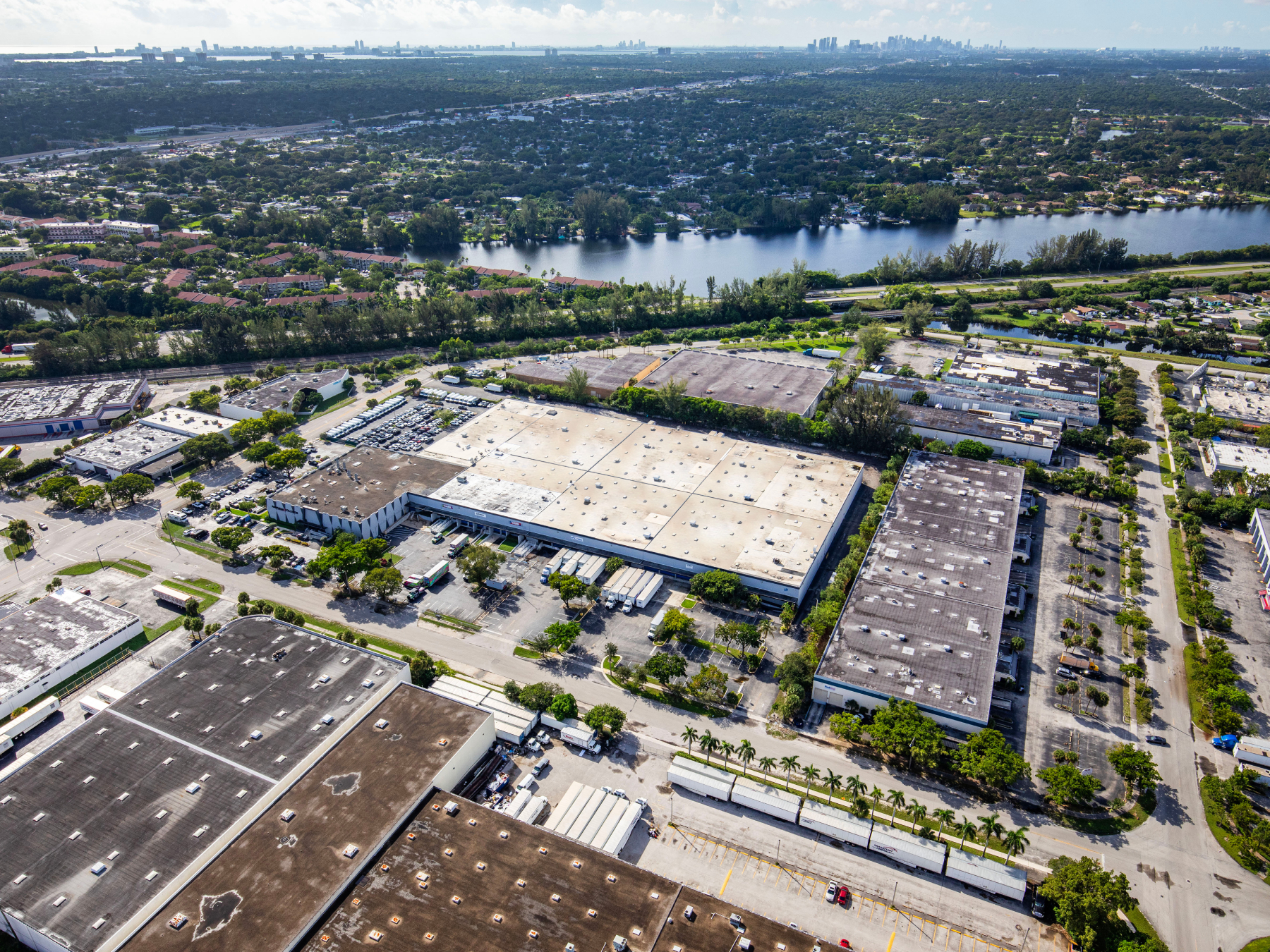CFO Corner: Machine Learning
Deloitte’s Steven Bandolik and Duncan Stewart on this industry game changer.
By Steven Bandolik and Duncan Stewart
As the line between commercial real estate and technology continues to blur, executives in the sector will increasingly look to intelligent solutions like machine learning to strengthen their bottom line. Machine learning, which is the process by which computers can better perform tasks through exposure to data, has been available across industries for several years now. However, new advancements are starting to unveil potentially transformative uses for real estate.
As we pointed out in one of our 2017 technology predictions, machine learning continues to have immense value for companies, especially given that mobility is starting to bring some machine learning tasks away from the cloud and onto devices. Of note, CRE executives will increasingly be able to leverage machine learning to better manage a number of business functions, including data security and privacy, compliance, and automation of business processes.
Managing data security and privacy as IoT grows. Most CRE CFOs are enormously concerned with liabilities related to the privacy and security of IoT devices—and those concerns are not likely to abate as sensor deployment in the sector continues to grow at an expected 78.8 percent compound annual growth rate through 2020. The advent of on-board machine learning provides significantly enhanced security for these devices because data can be manipulated on them rather than transmitted to the cloud. According to chip vendors, the technology can detect zero-day malware, and detect or classify suspicious or anomalous behavior in a closed and patchable environment. On-board machine learning therefore has the potential to elevate security of IoT devices in the sector and even minimize financial losses if a cyber-attack occurs.
Complying with new lease accounting rules. Machine learning also has applications for companies across CRE and other industries that will need to comply with new lease accounting rules issued by the Financial Accounting Standards Board last year, as detailed in our April 2016 column. Software that helps to automate aspects of data abstraction from documents and contracts can bolster traditionally manual processes by leveraging machine learning algorithms. These algorithms can ultimately increase productivity and delivery speed, making it potentially faster, easier and cheaper to abstract required lease data for key comparative reporting and compliance deadlines that lie ahead.
Automating business processes. It’s no secret that robotics and technology have the ability to automate business functions, enabling companies to reallocate human capital toward more value-driven activities. We expect that on-board machine learning will significantly take off over the next five years, leading to greater automation in the CRE industry. The portable chips that enable native data analysis and predictive analytics can be used to further automate devices like drones, robots and real estate software programs, which can yield significant cost savings, from investing to warehousing. As the technology grows and adoption increases over time, costs will continue to be driven down, potentially providing CRE companies with operational efficiencies and greater returns.
Steven Bandolik is a managing director with Deloitte Services LP and a senior leader in Deloitte¹s real estate services practice. Bandolik provides advisory services in capital markets (debt and equity), corporate finance, mergers and acquisitions, investments, restructuring and reorganization, workout, and asset recovery. Bandolik brings more than 30 years of effective, hands-on commercial real estate investment, finance, development and asset/property management experience, both as a leader and as a strategic advisor.
Duncan Stewart is the director of technology, media and telecommunications research for Deloitte Canada. He is a globally recognized speaker and expert on the forecasting of consumer and enterprise technology, and media and telecommunications trends. Working worldwide and across all industries, Duncan advises clients on the impact of new and existing technology, and demographic and regulatory changes, on their business strategies.
Originally appearing in the March 2017 issue of CPE.






